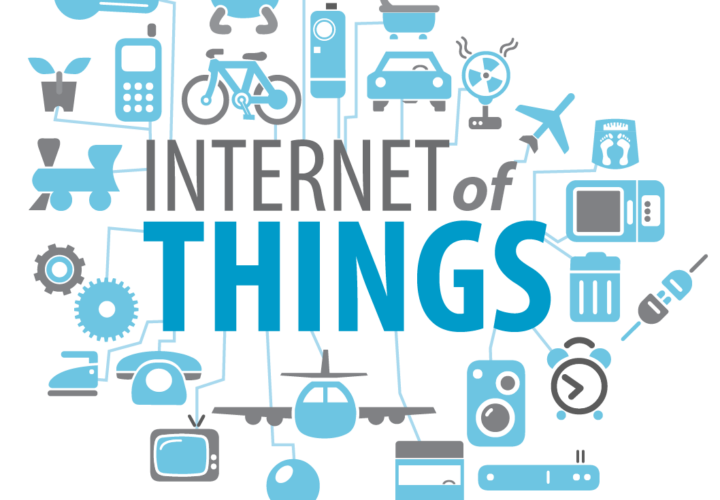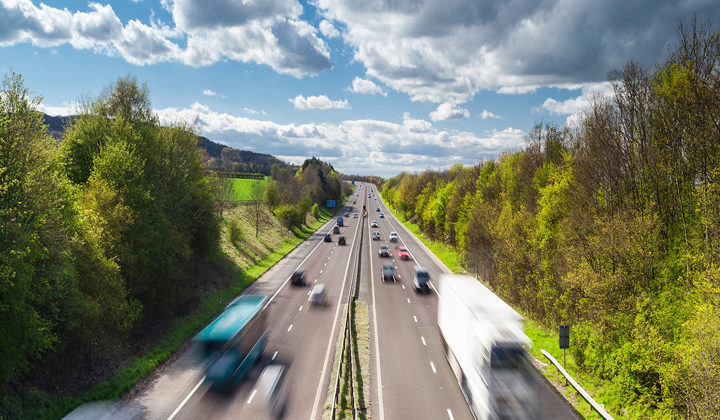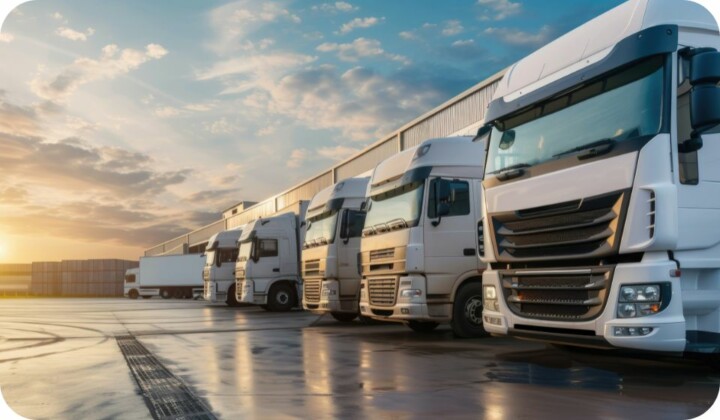As the world continues to recover from the worst economic downturn in recent times, 2015 sees the start of a year of significant industrial and political transition. For example electioneering in the UK has already started with the possibility of a fresh start with a new Government in May.
Key issues facing the country, industry and the economy are at the heart of many debates as UK PLC decides how it will create and sustain employment, deal with the national debt and the deficit and take care of the NHS, education, immigration and defence to name but a few areas of concern.
Amongst the many arguments, differing opinions and counter arguments, technology will play a major part in any reconstruction of our society and economy. A new phenomenon is the IOT (The Internet of Things), which is advanced connectivity of devices, systems, and services that goes beyond machine-to-machine communications (M2M), using existing Internet infrastructure. IOT will deliver much greater connectivity between people, products and services.
Within the transport industry, Microlise are at the leading edge of this new technology. Connecting people and business to smart new products and services, Microlise has the ability to help business transform their models, from streamlining back offices functions to providing real time information to front line sales staff and customers.
Many European manufacturers have experienced commoditisation of their products as competition from the Asia-Pacific region has been able to produce similar products at significantly reduced prices. To counteract this change, many manufacturers have had to extend their reach into the service life of their product, however, this change requires different skills and different business models.
Data and knowledge transfer is a prerequisite to enable this change to be executed and this is the area where Microlise solutions can assist.
Thousands of trucks and trailers in the UK and abroad are now being monitored and managed in a completely different way through the use of telematics solutions. For example, JCB are connected to its machines all over the world, with access to health and location information, and home deliveries from leading supermarkets and retailers are made possible through the use of new technology, which is increasing operational efficiency and utilisation of fleets. Telematics is helping businesses retain and improve profitability and ensure sustainability of employment.
Myself and Microlise will keep you posted regarding these important new developments and look forward to discussing them at the upcoming Microlise Transport Conference, being held at The Ricoh Arena in Coventry on the 20th May, details of which can be found on the conference website.




